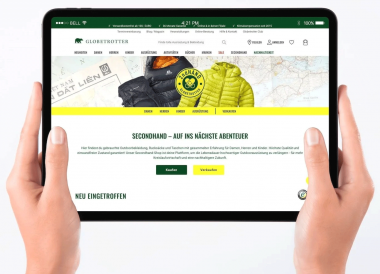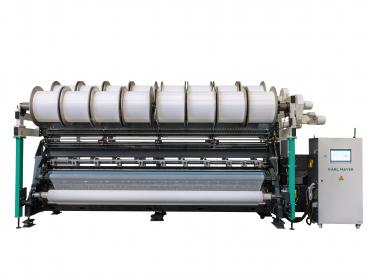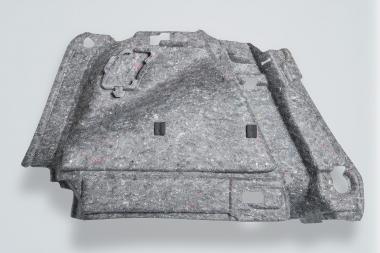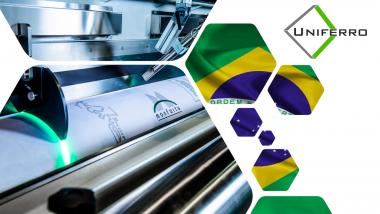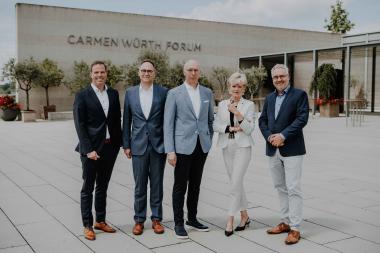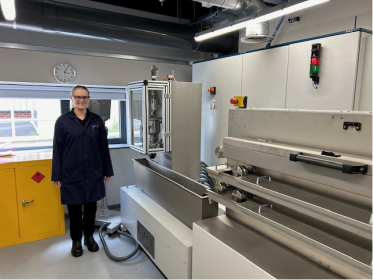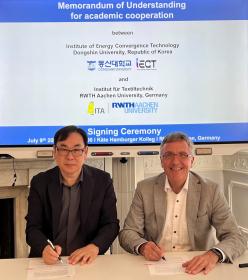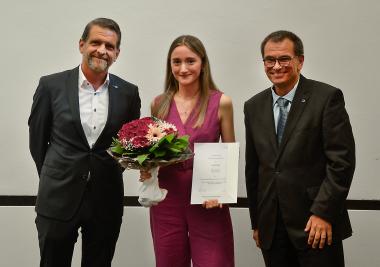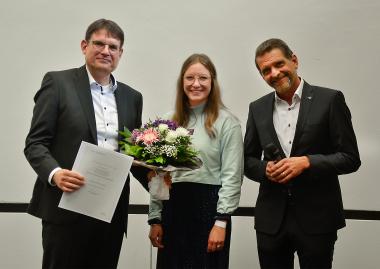Rieter: Major Follow-up Order from DIW
On July 16, 2024, Rieter and Shanghai Digital Intelligence World Industrial Technology Group Co., Ltd. (DIW) have signed a purchase contract for more than 700 of the company’s winding machines Autoconer X6. This represents the largest order in the history of Rieter China. The agreement also strengthens the strategic partnership between the two companies that aims to develop spinning operations and achieve unprecedented levels of quality, productivity and efficiency.
DIW has placed an order for more than 700 of Rieter’s winding machines Autoconer X6. The winding machine serves as the final quality assurance in the ring spinning and compact-spinning process and is key to the performance of subsequent process steps. With its productivity, intelligent process automation, great splicing and winding quality, the Autoconer X6 is widely recognized in the market. The order will help DIW strengthen the vertical integration of its operations and accelerate its growth strategy in the cotton spinning industry, further underpinning its position in global markets. This order follows the initial batch placed in March 2024, when Rieter and DIW signed their first strategic partnership to develop intelligent yarn manufacturing technology that utilizes digitization and automation to minimize conversion costs and maximize value for customers.
Rieter Rieter Group Digital Intelligence World Industrial Technology Group winding China spinning machinery spinning
Rieter Ltd.












